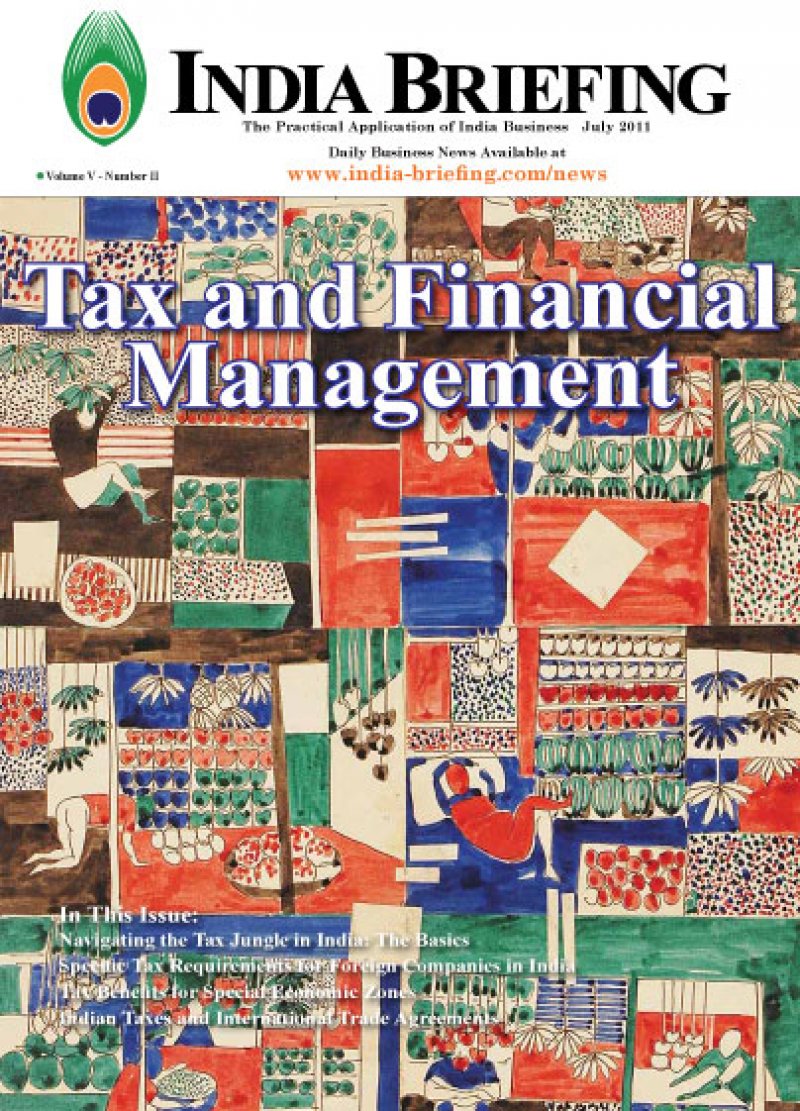
Tax and Financial Management
Published: July 2011Although an increasing number of investors and managers are looking seriously at investing in India, the technical expertise of how to bring international investments into fruition is not always easy to acquire.
No. of Pages: 12 pages
In This Issue:
- Navigating the Tax Jungle in India: The Basics
- Specific Tax Requirements for Foreign Companies in India
- Tax Benefits for Special Economic Zones
- Indian Taxes and International Trade Agreements
Although an increasing number of investors and managers are looking seriously at investing in India, the technical expertise of how to bring international investments into fruition is not always easy to acquire. Adequate due diligence will include appropriate attention to opportunity and potential in a new market but no form of analysis would be complete without an understanding of the dry, but necessary, tax environment.
India has a relatively transparent regulatory environment and foreign investors will likely find similarities to the tax systems in their home countries, in addition to some unique terminology and methodology. The best advice a foreign firm can take in this respect is to seek out advice before taking the plunge into this emerging market.
Tax and financial management, often left in the hands of accountants, is an important part of global corporate strategy and so a manager should ensure he/she has a sound understanding of tax principles in operating countries. Aside from being operationally necessary, an understanding of the tax environment is also inevitably strategic as one begins to look at links and channels between India and other countries. A company which understands tax benefits on the basis of trade agreements, special economic zones or more simply, tax deadlines and related fees can make the transition into the Indian market much smoother.
In this issue, we take a look at the Indian tax environment generally, including types of taxes, fees and key dates, and continue on to focus specifically on requirements for foreign companies. Next, we look closer at the generous tax benefits available in Special Economic Zones, contingent on sector and operating dates, and finally expand our focus to India’s international trade agreements.

